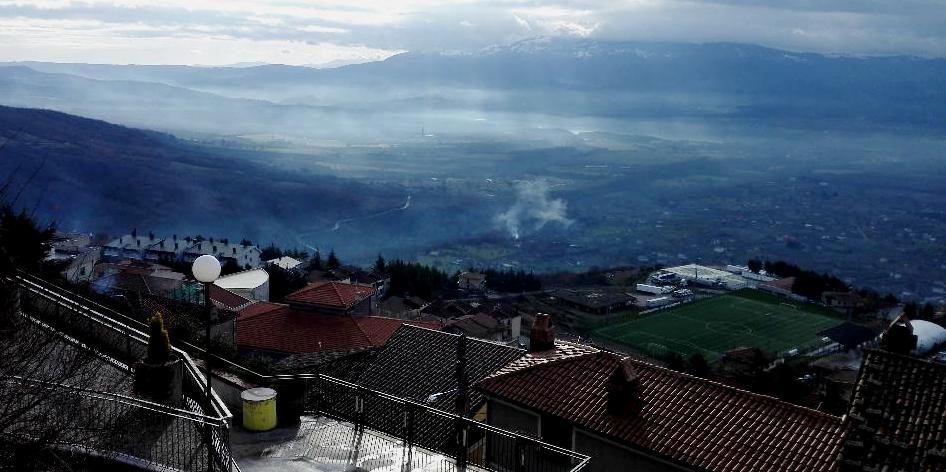POLITHEOR
European Policy Network
Environment
- Home
- Environment
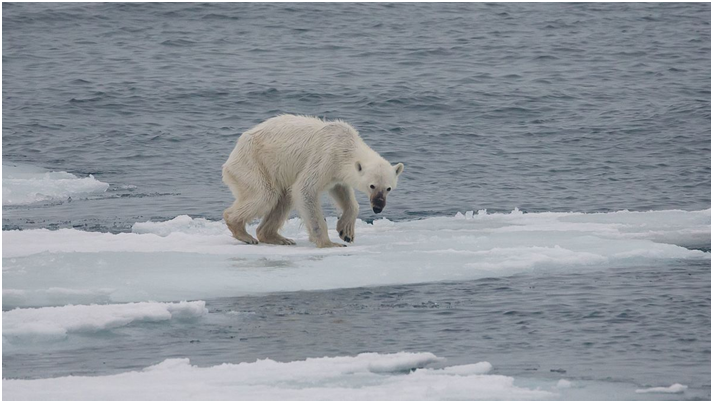
Climate change and biodiversity: Two global challenges for the price of one0
- Environment and Energy, Op-ed
- 01/05/2017
Healthy ecosystems and vibrant biodiversity are crucial elements to life on this planet. Ecosystems are delicately balanced and even slight shifts in temperature can have considerable knock-on effects. Substantial losses to biodiversity and a range of ecosystem functions are projected if we continue with a ‘business as usual’ approach.
READ MORE
Putting local food back into our cities0
- Environment and Energy, Op-ed
- 17/03/2017
Food has never been under the policy remit of cities, primarily since it’s cultivated outside of our cities in peripheral and rural areas. Nevertheless, in recent years’ food has emerged as a topic of discussion within urban agendas.
READ MORE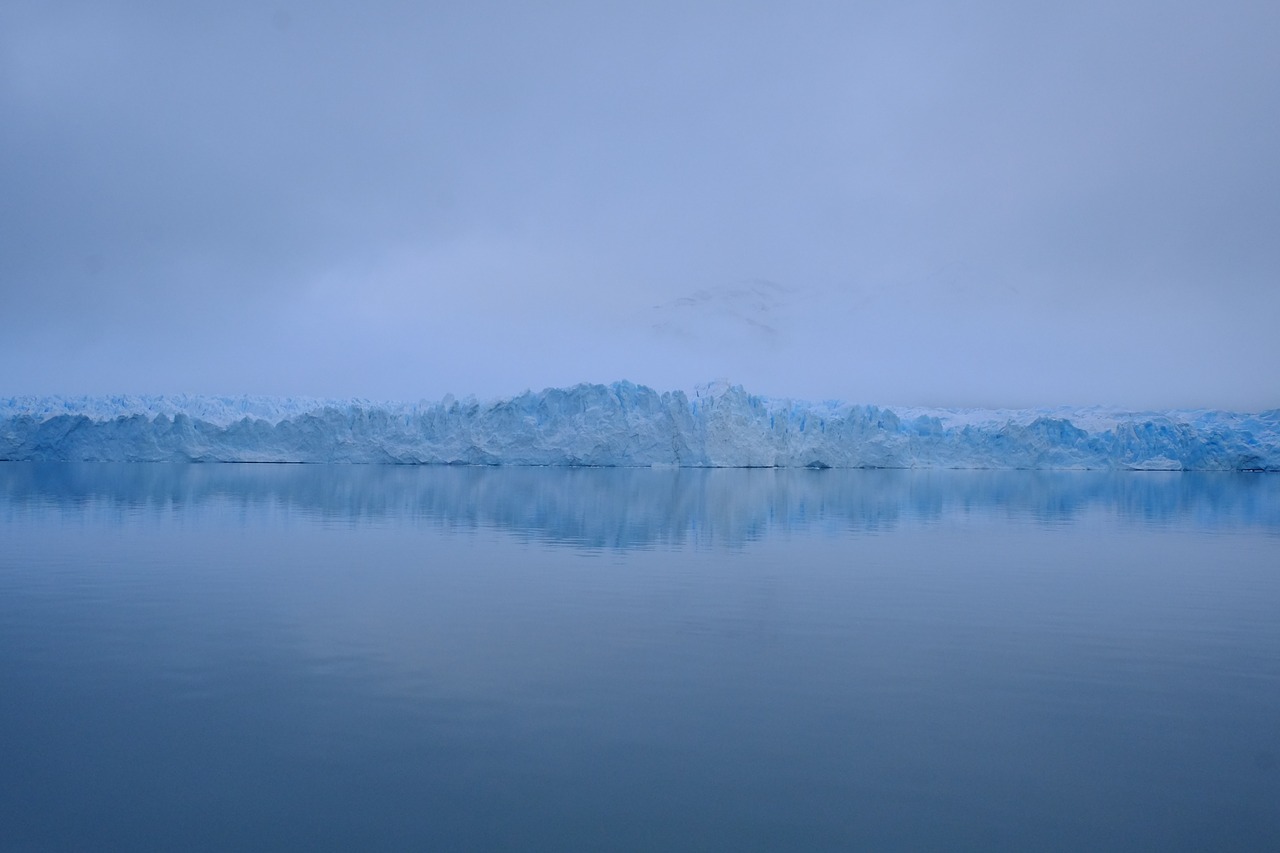
2016 was a terrible year for climate change. Will 2017 be worse?0
- Analysis, Environment and Energy
- 23/01/2017
At the end of 2015 the world was full of hope. After 23 years of postponing, staling and log-rolling, we finally had a global agreement on climate change. Even countries that had long been skeptical about global warming, like the US and China, were ready to take action. The world community promised to keep global warming well below 2°C. It finally looked like states, citizens and businesses would be taking the right path.
READ MORE
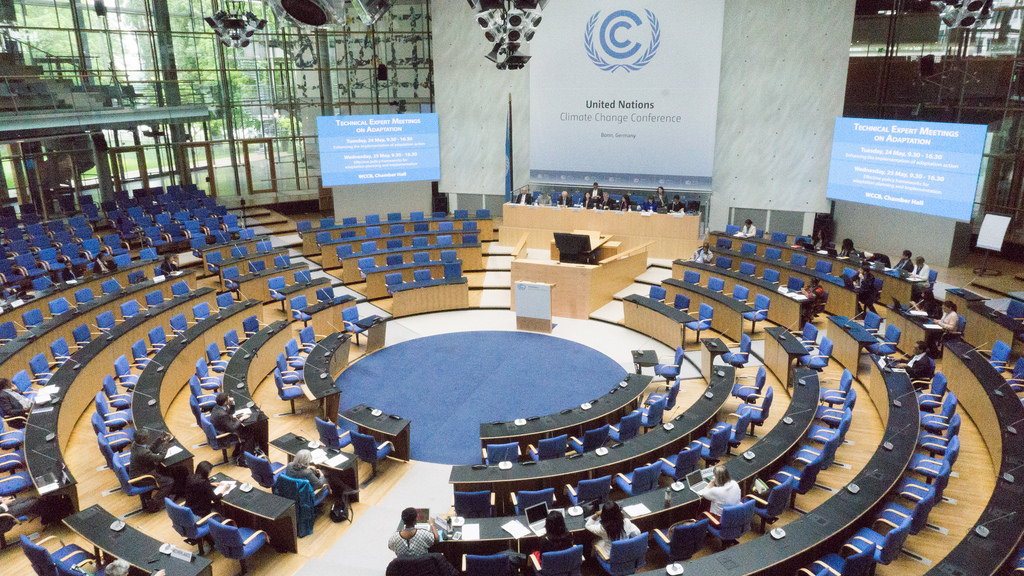
Egypt and climate change: let your civil society grow strong0
- Environment and Energy, Op-ed
- 14/11/2016
We are in the midst of the 22nd session of the Conference of the Parties (COP 22) to the UNFCCC which is scheduled to take place from 7-18 November 2016 in Marrakech, Morocco. During COP 22, parties will begin preparations for the entry into force of the Paris Agreement. The agreement adopted last December to limit global temperature increase below 2C. This reduction can only be achieved through a significant reduction in the emission of greenhouse gases caused mainly by burning of fossil fuels.
READ MORE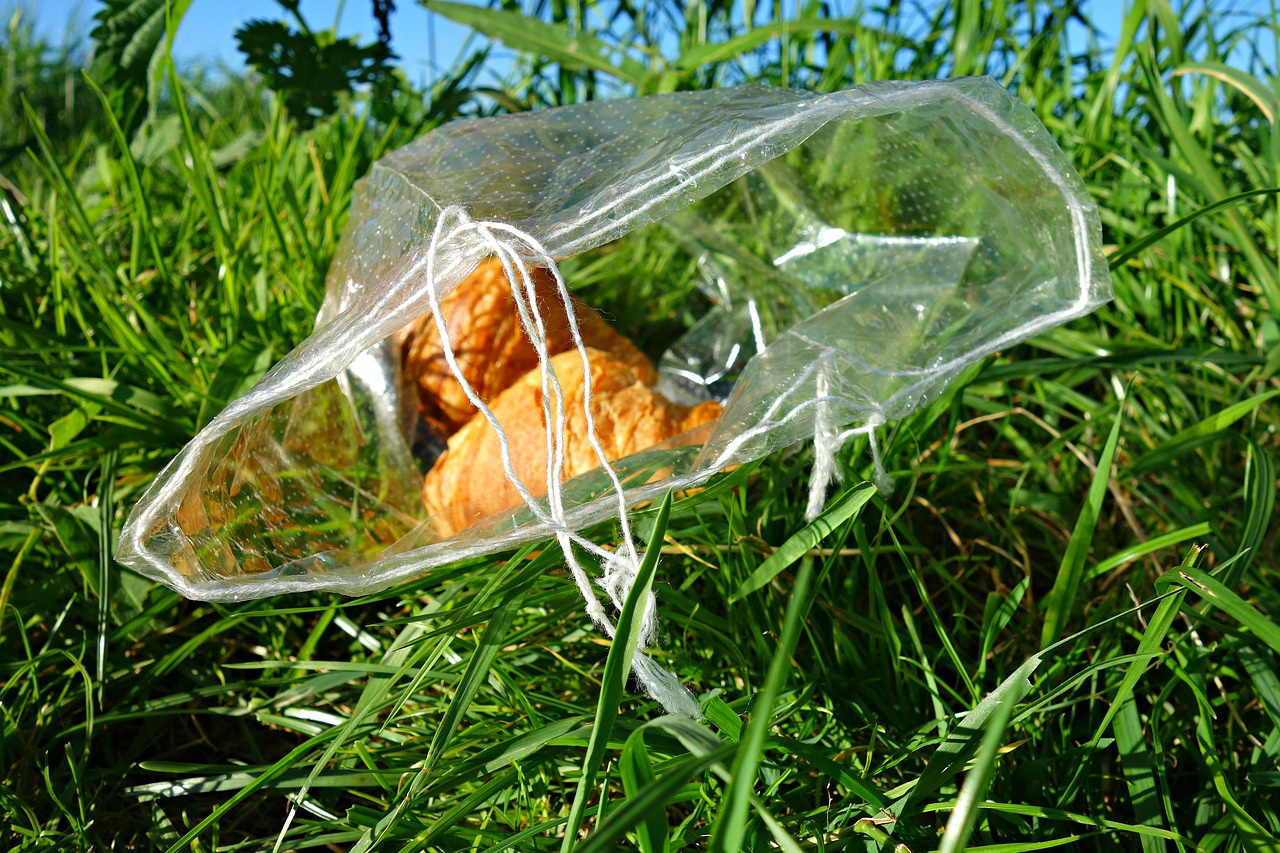
Wasting food or creating waste?0
- Environment and Energy, Op-ed
- 12/10/2016
Organisations working to reduce food waste, and those calling for a reduction in packaging, are competing for attention these days. Which of the issues is the most pressing? When looking at the bigger picture there can be no doubt; wasting food is creating hunger and potentially a lot more environmental problems than surplus packaging.
READ MORE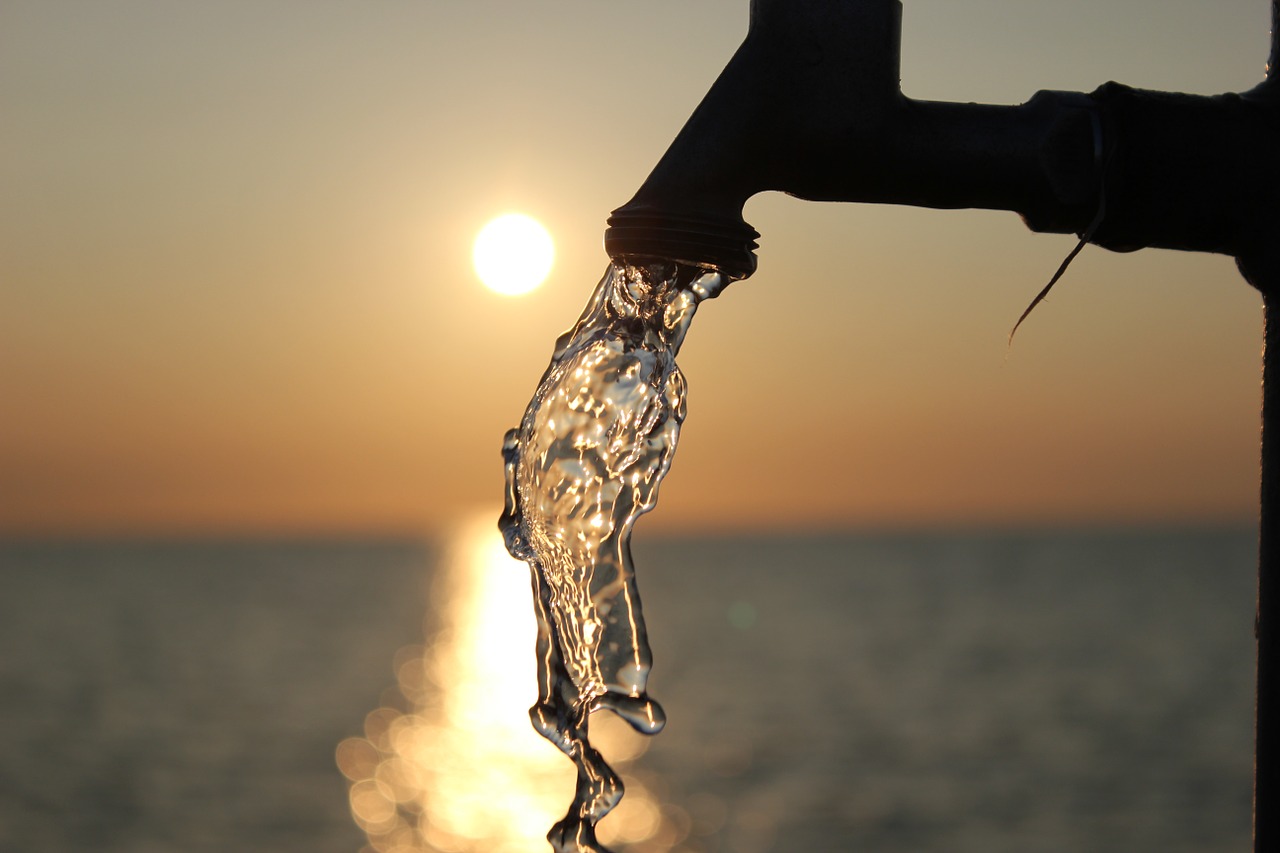
What use is gas if we have no water?4
- Environment and Energy, Op-ed
- 15/09/2016
As shale gas shipments cross the Atlantic to Scottish shores, the contentious fracking debate may re-ignite calling the Scottish Government to lift its moratorium under the guise of economic and energy security. This should be seen only as a ruse when sustainable options exist that do not needlessly add to an increasing global water crisis.
READ MORE






